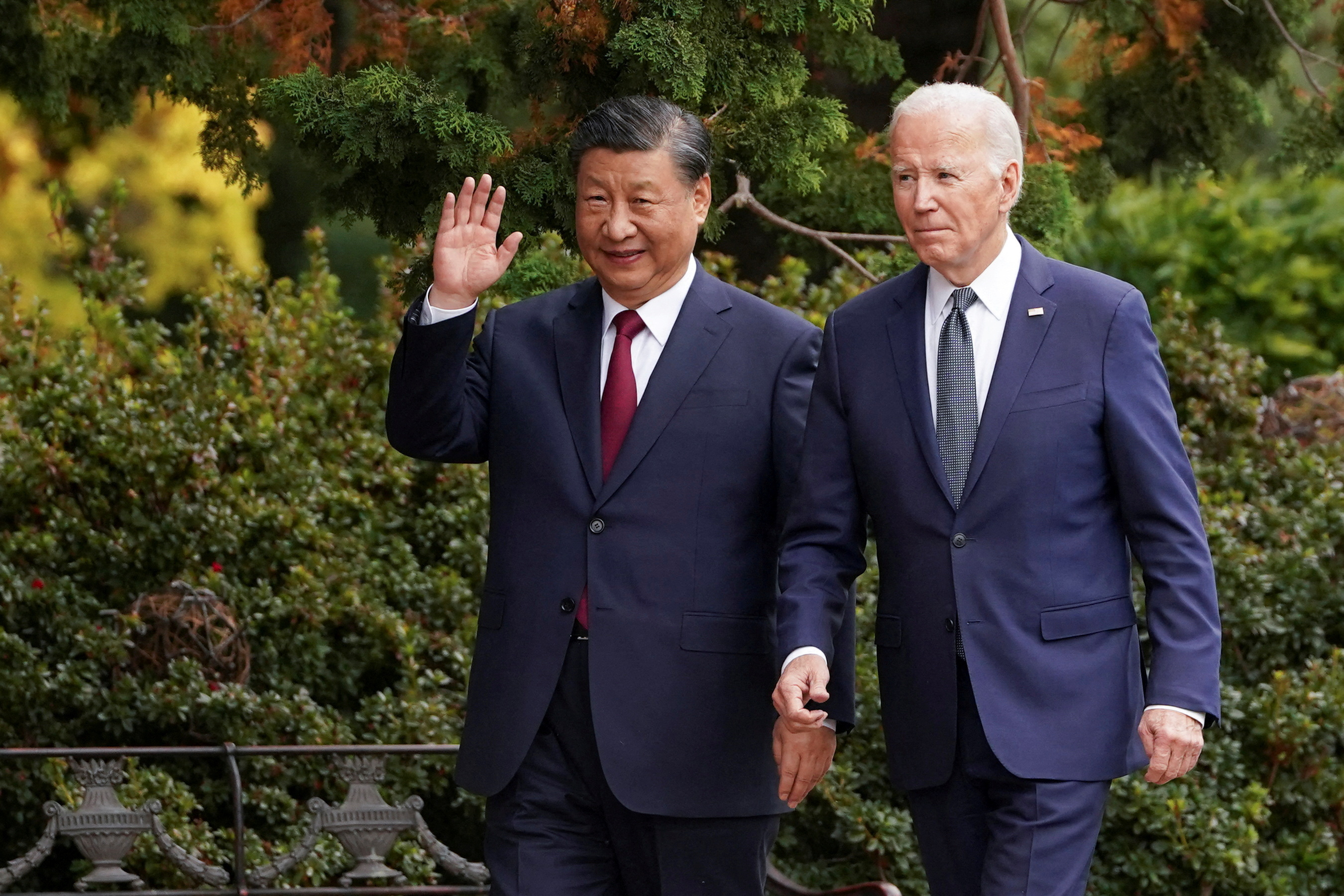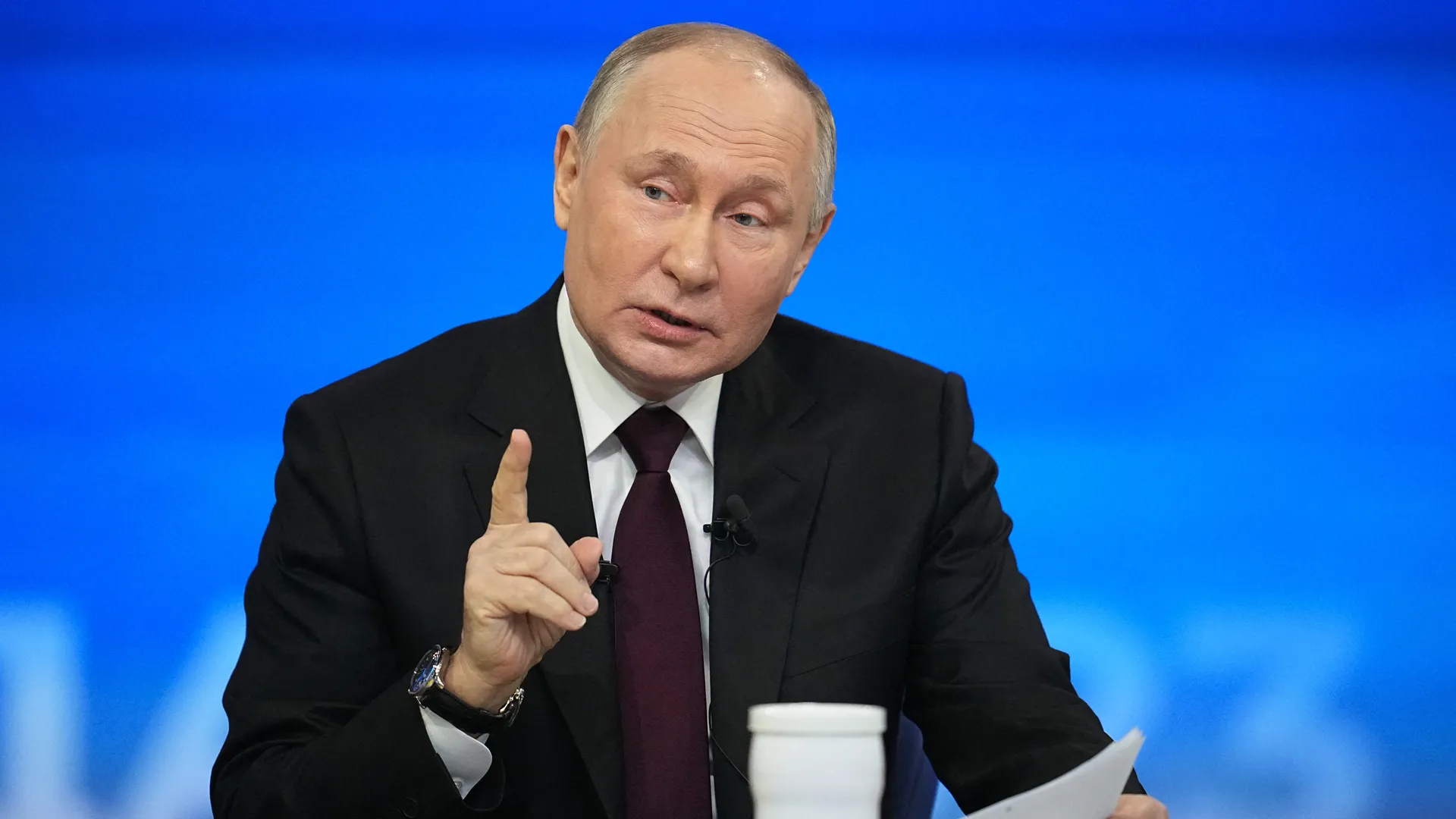The 19th century haunts us in the 21st century, manifesting in the egregious power plays of Trump, Xi, and Putin. The ghost of imperialism, wrapped in modernity, threatens to destabilize the very fabric of global diplomacy. An axis of disorder has emerged, where might is mistaken for right, and the lessons of history are ignored.
Historical Lessons Ignored
The awarding of the Nobel Peace Prize to Theodore Roosevelt in 1906 was met with outrage. Critics labeled him a bully, believing his approach to international relations was a dangerous precedent. Fast forward to today, and we see a resurgence of such behavior in the actions of global leaders who prioritize power over diplomacy. As reported by The Economist, the lessons from Roosevelt"s era are long forgotten, and the world is paying the price.
The Dangerous Triad of Power
Trump"s erratic foreign policy, Xi"s authoritarianism, and Putin"s aggression are not merely isolated incidents; they reflect a troubling trend of statecraft that prioritizes dominance over cooperation. According to Brookings, this triad of power represents a dangerous shift toward a geopolitical landscape where traditional alliances are tested, and nations are left to fend for themselves.

What China"s Xi gained from his Biden meeting | Reuters
Human Rights at Risk
The implications of this power struggle extend beyond mere politics; they strike at the heart of human rights. In a world dominated by these autocrats, the plight of marginalized communities is overlooked. As reported by Brookings, the increasing cooperation between China and Russia poses grave threats to global human rights standards. In regions like Southeast Asia, their political interference undermines democratic movements and emboldens authoritarian regimes.
The Role of the United States
The U.S. must wrestle with its own identity in this new world order. The doctrine of hegemonic stability theory suggests that a single dominant power can maintain international order. However, the U.S. has squandered its position through inconsistent policies and a retreat from multilateralism. As the world watches, the failure to engage in effective diplomacy may lead to a vacuum filled by more aggressive powers. The consequences could be dire, as nations are forced to choose sides between a U.S. that has lost its moral compass and autocratic regimes that offer stability at a cost.

Putin on Ukraine, AI double, other key takeaways from news ...
The Cost of Inaction
The stakes are high, and the cost of inaction is unfathomable. A world carved up between Trump, Xi, and Putin would not only be unstable but fundamentally unsafe. The potential for conflict escalates as these leaders jockey for position, disregarding the catastrophic implications for global peace and security. The echoes of the past remind us that power without responsibility leads to chaos, and the world cannot afford to ignore these lessons any longer.


![[Video] Heavy clashes and gunfire reported in Baghdad, Iraq](/_next/image?url=%2Fapi%2Fimage%2Fthumbnails%2Fthumbnail-1768342239932-848qsh-thumbnail.jpg&w=3840&q=75)




![[Video] Gunfire between Iraqi security forces and Sadr militias in Baghdad](/_next/image?url=%2Fapi%2Fimage%2Fthumbnails%2Fthumbnail-1768343508874-4redb-thumbnail.jpg&w=3840&q=75)
